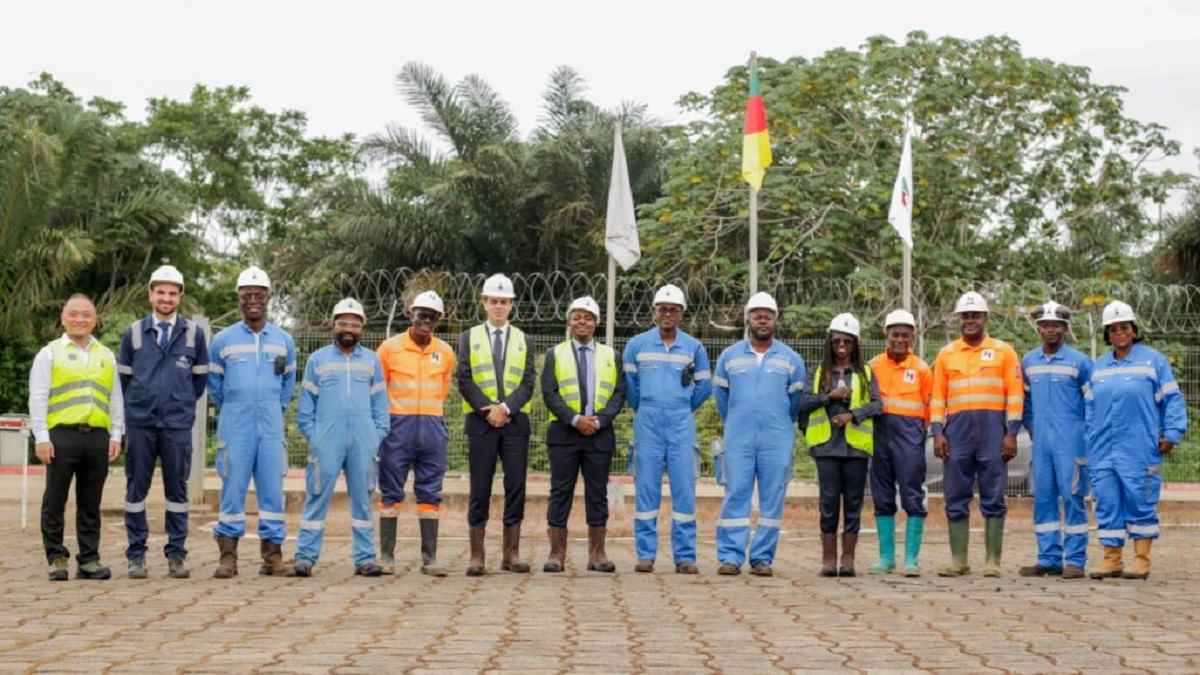Business
Cameroon Advances Gas-to-Industry Agenda with First Delivery from Bipaga Processing Center

Events
As global power structures shift, Invest Africa convenes The Africa Debate 2026 to redefine partnership in a changing world
Business
Zion Adeoye terminated as Chief Executive Officer (CEO) of CLG due to serious personal and professional conduct violations
Business
The International Islamic Trade Finance Corporation (ITFC) Strengthens Partnership with the Republic of Djibouti through US$35 Million Financing Facility
-
Energy3 days ago
Trinidad & Tobago Prime Minister (PM) to Address Caribbean Energy Week (CEW) 2026 Amid Multi‑Billion‑Dollar Energy Investment Surge
-
Business3 days ago
CGTN: Vision 2030: China’s tech blueprint reshaping global innovation
-
Business3 days ago
Equatorial Guinea, Chevron Sign Aseng Agreement, Strengthening GEPetrol Participation
-
Energy2 days ago
African Energy Chamber (AEC) Endorses Kigali’s Africa CEO Forum as the Continent’s Strategic Hub
-
Business3 days ago
South Africa Joins Afreximbank, Announces US$8bn Country Programme
-
Energy2 days ago
Investors Look to Paris to Gauge Africa’s 2026 Energy Pipeline
-
Business3 days ago
Benedict Peters and Aiteo Group: Defining an African Energy Champion
-
Energy3 days ago
From Stalled Talks to Breakthroughs: Yoyo-Yolanda Signals New Chapter for the Gulf of Guinea